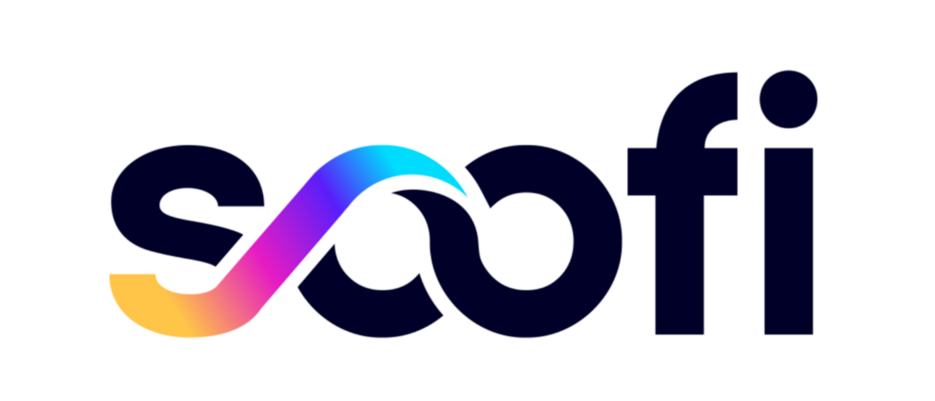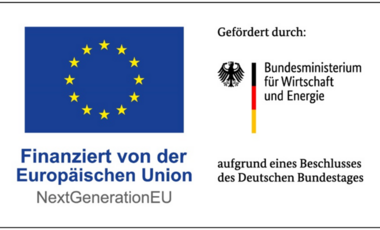Tailwind for AI Development in Germany and Europe
11/25/2025When it comes to artificial intelligence, Europe is technologically dependent on the USA and China. A new project involving the University of Würzburg aims to change this. The aim is to develop a sovereign European AI.

An important step for European sovereignty in artificial intelligence (AI): In the new SOOFI (Sovereign Open Source Foundation Models) project, researchers from six leading German research institutions and two start-ups, including the University of Würzburg, will be working together in future. Their aim is to provide sovereign European alternatives to AI technologies from the USA and China.
The focus is on using the models to contribute to the industrial use of AI. The Federal Ministry for Economic Affairs and Energy is funding the project with 20 million euros until the end of July 2026. The Würzburg researchers have over EUR 770,000 of this at their disposal.
The Danger of Complete AI Dependency
There is currently no European Large Language Model (LLM) such as ChatGPT of sufficient size that can serve as a starting point for industry-specific specialisations and efficient use of resources. Reasoning models (LRMs), which can solve complex tasks through structured thinking, are also hardly available from European sources.
At the same time, German companies are already using applications based on AI in a variety of ways, albeit mostly on basic models that do not originate from Europe. There is a risk of a similar development as with cloud services: Parts of the added value are being outsourced abroad, German companies are becoming mere users of core technologies and a dangerous dependency on non-European services is emerging.
Scientists from six research institutions and two start-ups want to change this. These include:
- Jörg Bienert, KI-Bundesverband as consortium leader
- Professor Andreas Hotho, Professor Fotis Jannidis, Julius-Maximilians-Universität Würzburg
- Professor Kristian Kersting, Darmstadt University of Technology
- Joachim Köhler, Fraunhofer Institute for Intelligent Analysis and Information Systems (IAIS)
- Antonio Krüger, German Research Centre for Artificial Intelligence (DFKI)
- Professor Alexander Löser, Beuth University of Applied Sciences Berlin
- Professor Wolfgang Nejdl, University of Hanover
- Jan Plogsties, Fraunhofer Institute for Integrated Circuits (IIS)
- Björn Plüster, ellamind GmbH
- Thomas Wollmann Merantix Momentum
An AI Model for Europe
The aim is to develop a 100 billion parameter open AI language model that is freely available to society and the economy and meets the requirements of the European Union's AI Act and European values. Based on this LLM, a so-called reasoning model will also be created using special procedures in order to increase the quality of the overall system and optimise resource consumption. In addition, initial use cases are to be implemented using AI agent technologies.
Reasoning models are of great importance to German industry because they can analyse complex technical, regulatory and organisational relationships, link them logically and make well-founded decisions on this basis. They extend classic LLMs with the ability to draw conclusions and solve multi-level problems. This creates a new level of automation and quality in development, production and knowledge management - far beyond what conventional language models can achieve.
"At the Würzburg site, the focus is on the 'raw material' of AI: we are developing high-quality training data and models specifically for the German language," says Professor Andreas Hotho, Head of the Chair of Computer Science X (Data Science). "We are also researching new methods to make AI decisions more comprehensible, to precisely measure the performance of models using new standards and to adapt them to the specific needs of application fields," adds Professor Fotis Jannidis, JMU Chair of Computational Philology and Modern German Literary History. The two professors are leading the JMU part of the project. (Link: Internal 211824)
Jörg Bienert from the German AI Association adds: "Alongside initiatives such as the Gigafactory and the EU AI Action Plan, SOOFI is an important step in the development of independent AI models as a building block for an open, independent and powerful ecosystem in Germany and Europe".
The 8ra Umbrella Initiative
The project is being funded as part of the 8ra umbrella initiative, which is financed by the European Union. The initiative is dedicated to building a resilient, open and future-proof European digital infrastructure. Twelve EU Member States and 120 industry and research partners are involved in projects under the umbrella.







